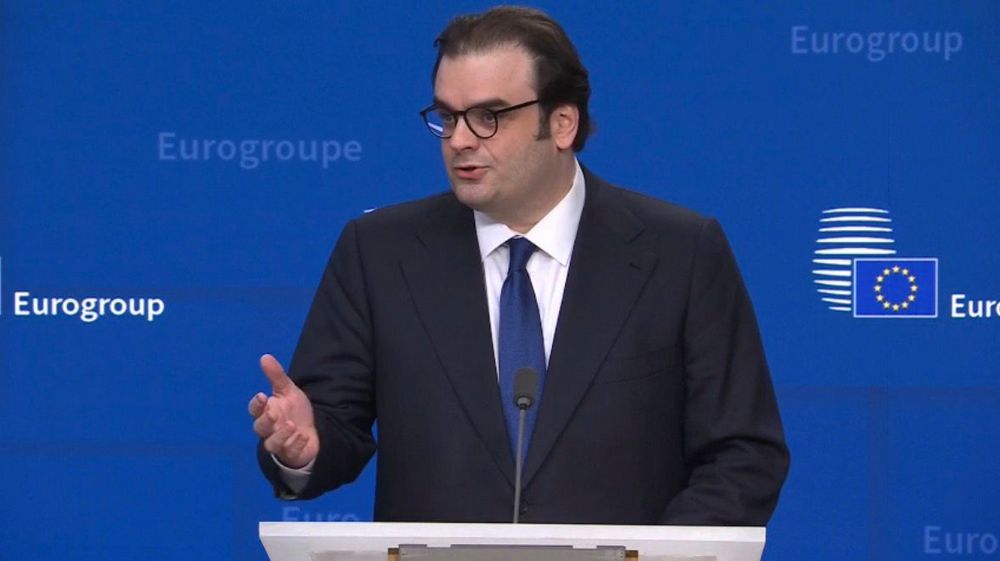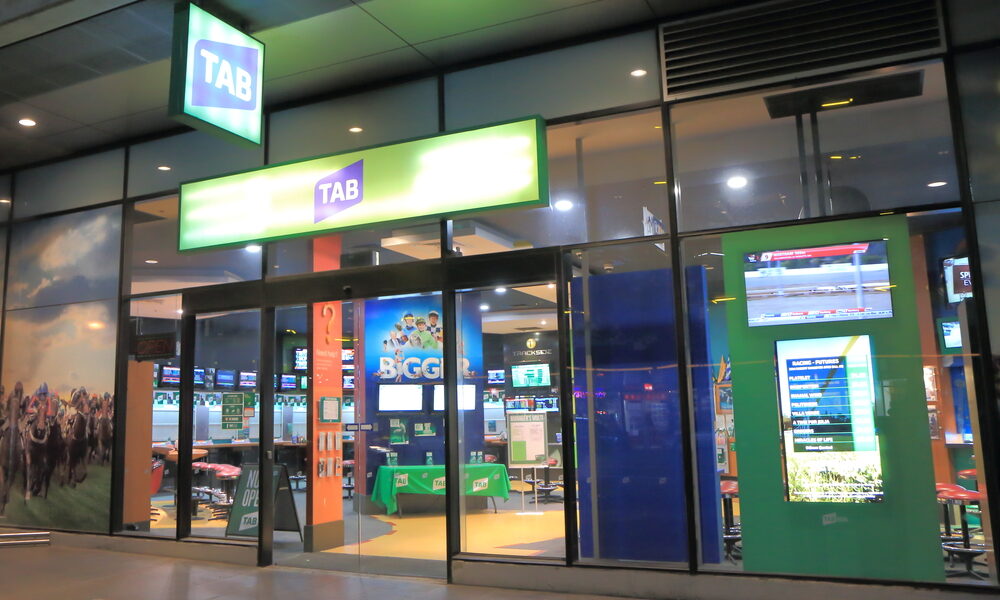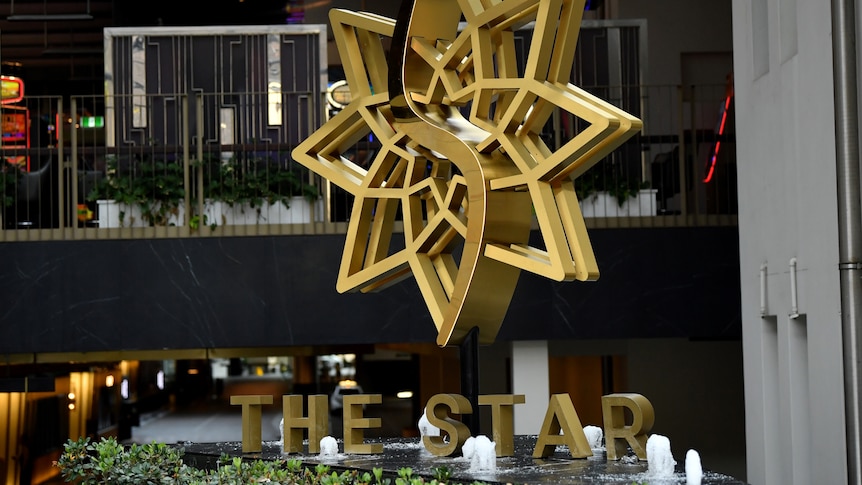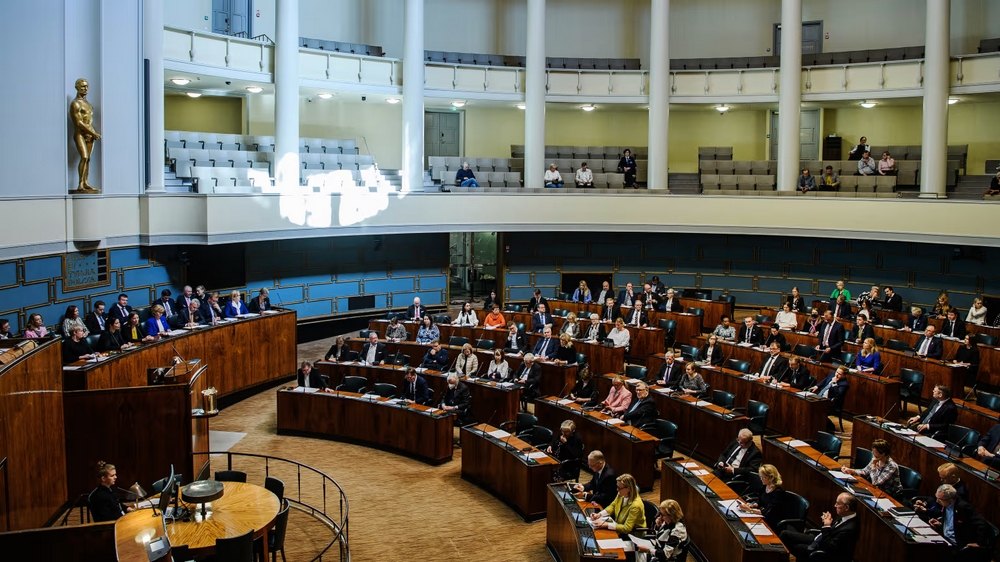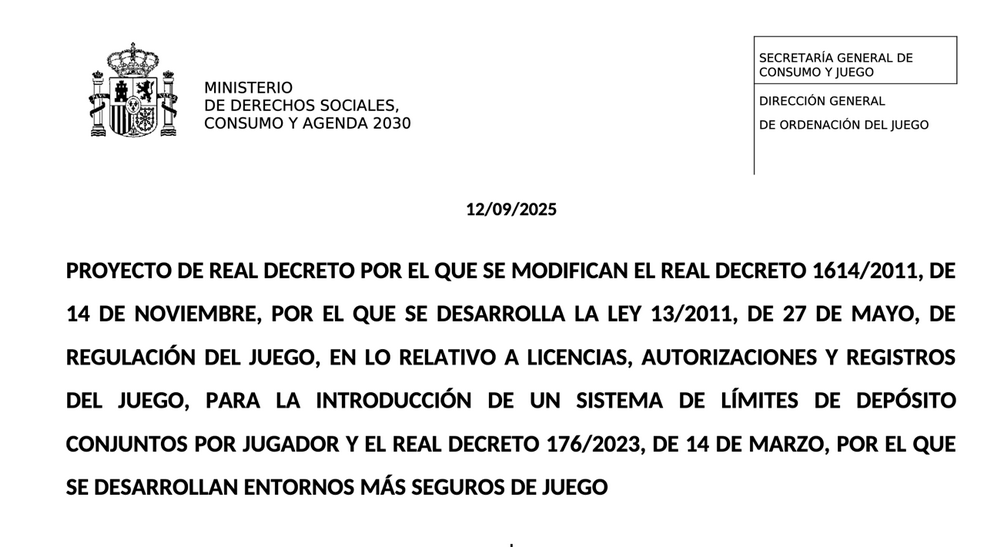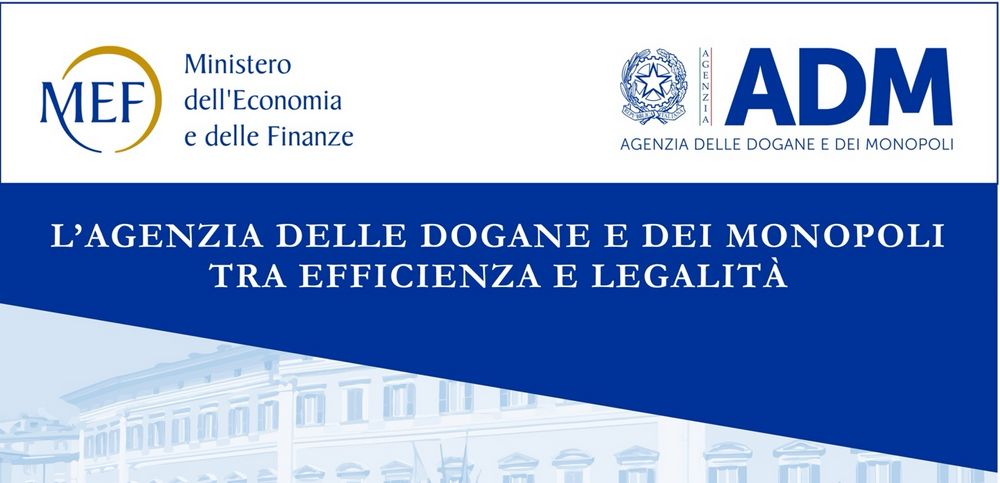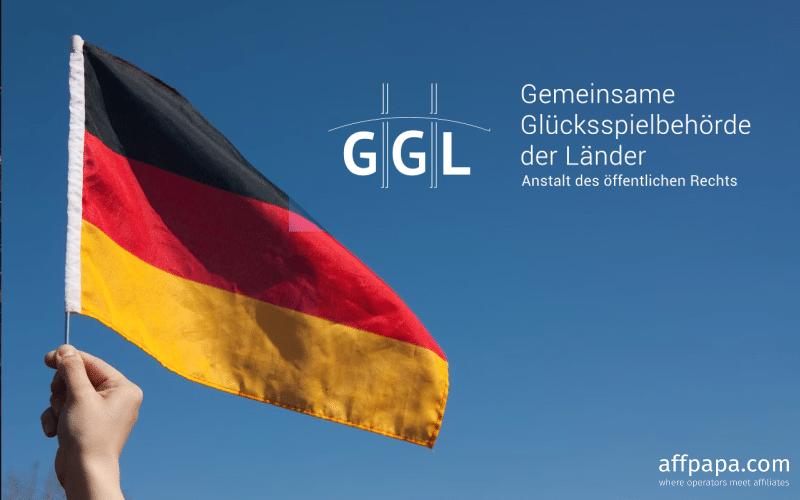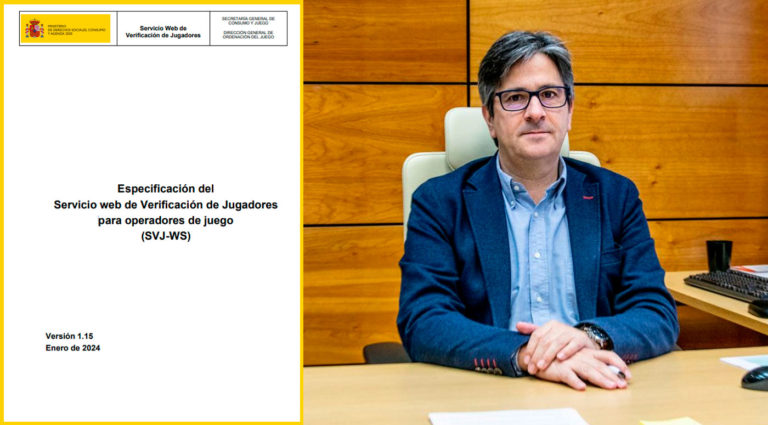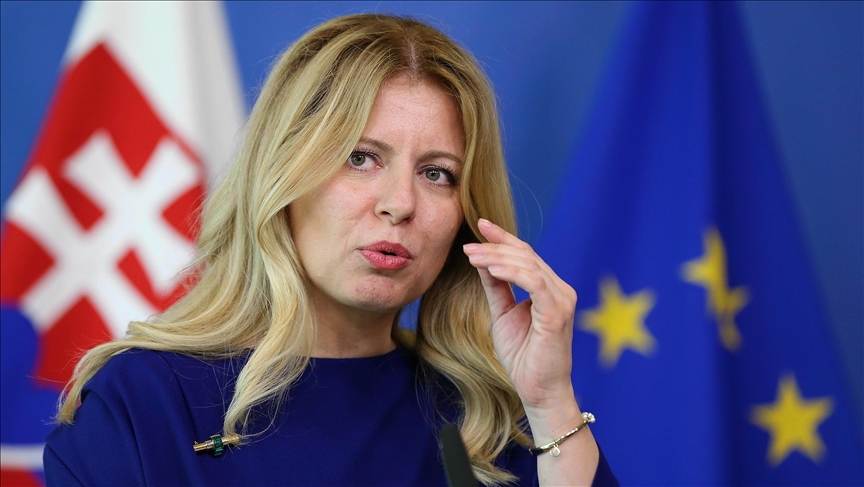In Halle (Saale), the Gemeinsame Glücksspielbehörde der Länder (GGL) is tightening its grip on Germany’s iGaming market. Created under the Glücksspielstaatsvertrag 2021 and fully operational since January 2023, the GGL has become the central authority regulating online gambling across all federal states. Its mission is clear: build trust, enhance transparency, and curb the shadow economy of illegal operators.

Earlier this year, the regulator broke new ground by publishing quarterly betting figures, something long demanded by both industry insiders and political stakeholders. In Q1 2025, total stakes excluding lotteries hit €3.51 billion, with slots generating €1.1 billion, online poker €204 million, and sports betting €1.59 billion. But the momentum faltered in Q2 2025, when wagers dropped to €3.22 billion, marking an 8.3% decline.
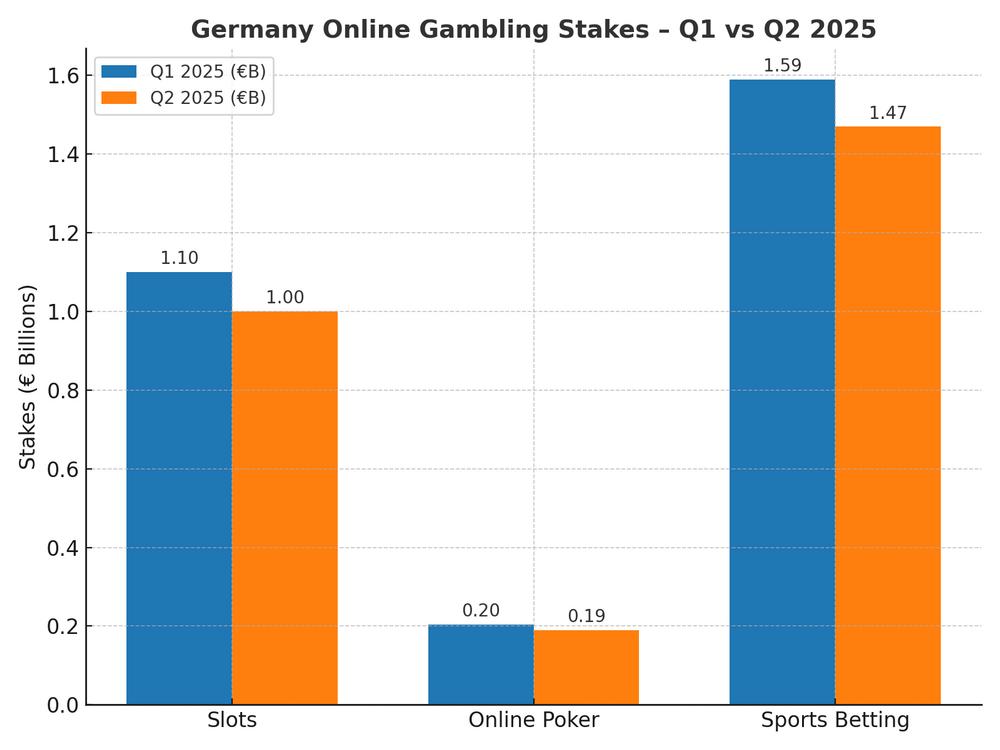
The GGL’s 2024 annual report recorded €14.4 billion in gross gaming revenue for the regulated market, up 5% year-over-year. Yet, the elephant in the room remains: the illegal market. According to the regulator, it accounts for just 3–4% of the overall volume. Industry associations, however, challenge this view, warning that up to 50% of player activity may still leak to unlicensed platforms. This discrepancy underscores the fierce debate over the true state of channelization.

Beyond numbers, enforcement has become the regulator’s sharpest tool. Since mid-2024, the GGL has stepped up criminal investigations, issued prohibition orders against rogue operators, and leveraged cooperation with payment providers to block illicit transactions. One high-profile sweep removed 231 unlicensed sites after a review of 1,700 suspected platforms, many of which used cloaking techniques to evade detection.
German officials stress that regulation must go beyond national borders. In a statement, GGL leadership emphasized that “sustainable success requires cross-border cooperation” and closer ties with European regulators. This transnational approach is seen as essential to combat a digital market that knows no frontiers.
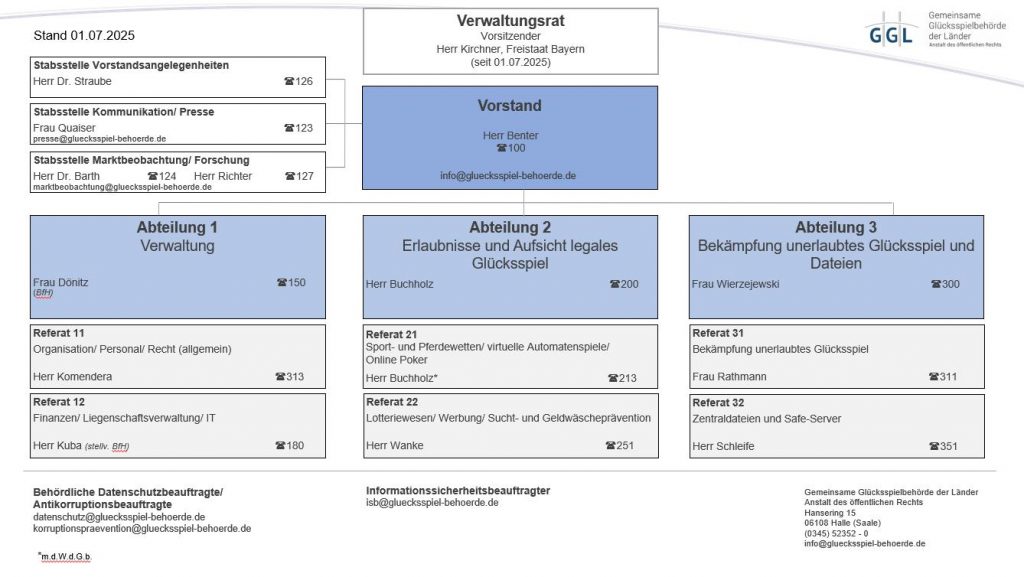
Industry response has been mixed. Licensed operators welcome the quarterly data as a long-overdue step toward transparency, while also urging the GGL to speed up licensing processes and reduce bureaucratic hurdles. Critics argue that high tax rates and stringent restrictions on slots and poker risk pushing players back to the black market, undermining the regulator’s goals.
Still, the GGL shows no signs of loosening its stance. With Germany’s gaming landscape now unified under one federal regulator, the country has moved from fragmented oversight to a centralized system modeled on compliance and control. For the German market, this is both a milestone and a stress test: proving whether strict rules can coexist with a healthy, competitive, and legal iGaming sector.











